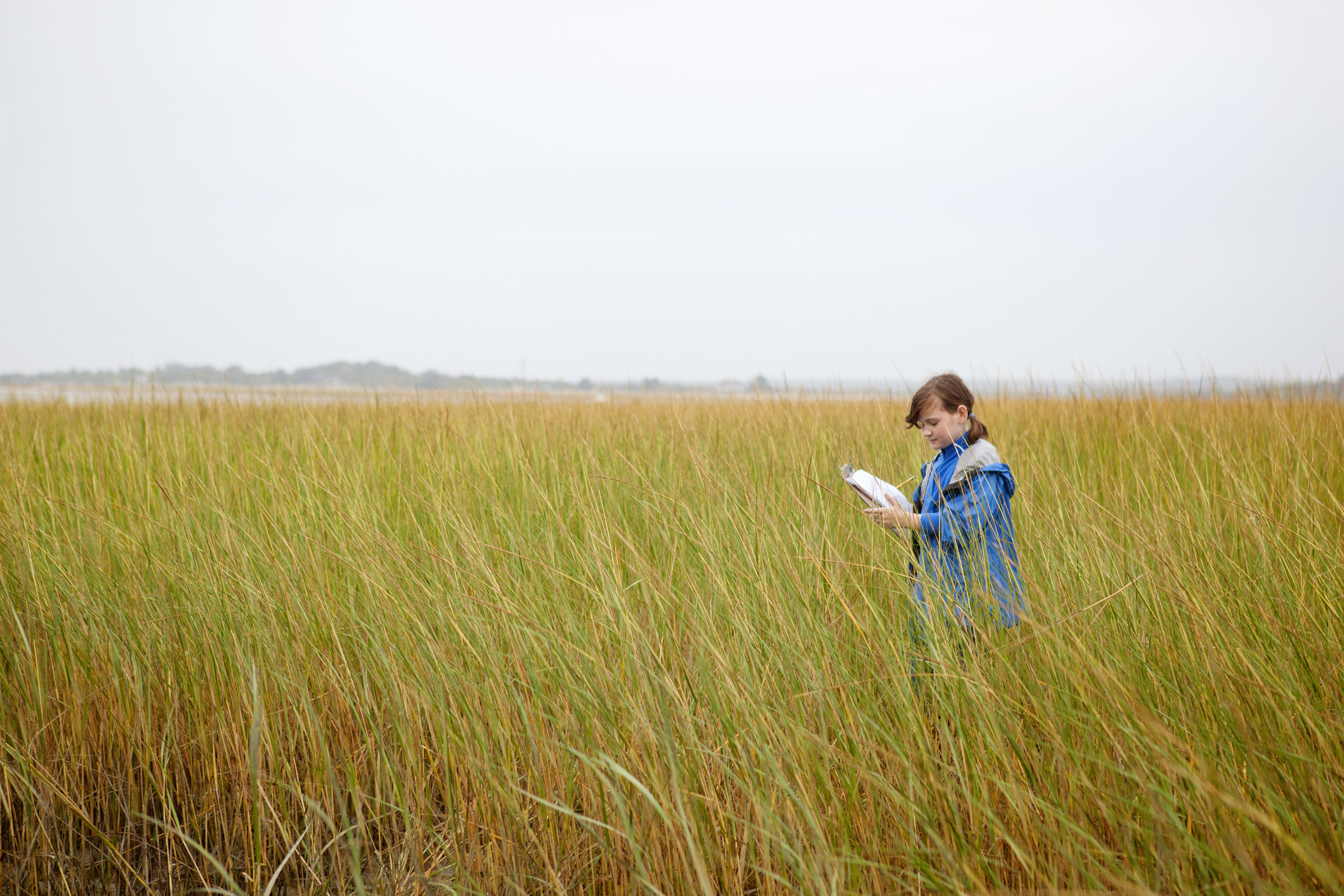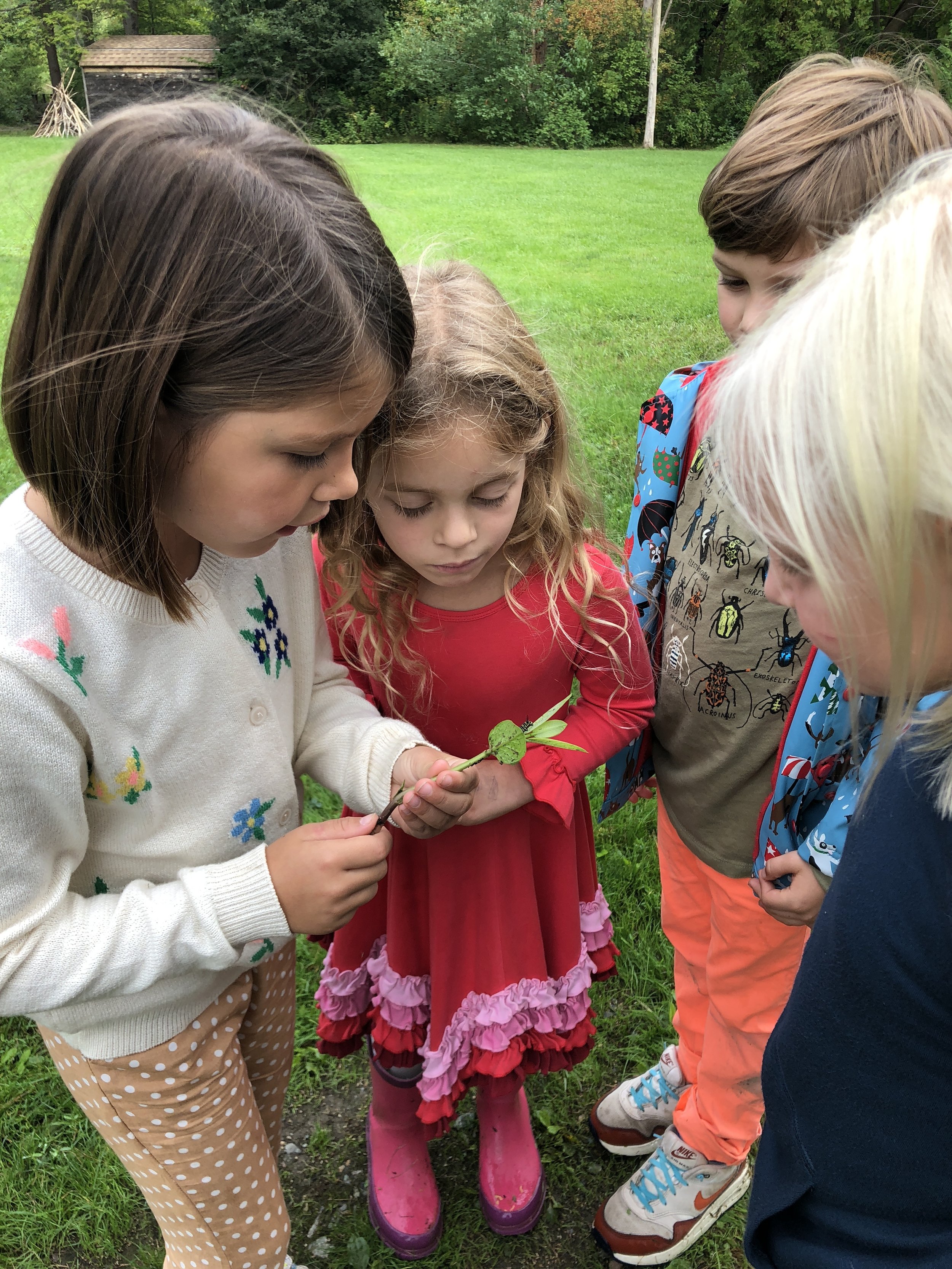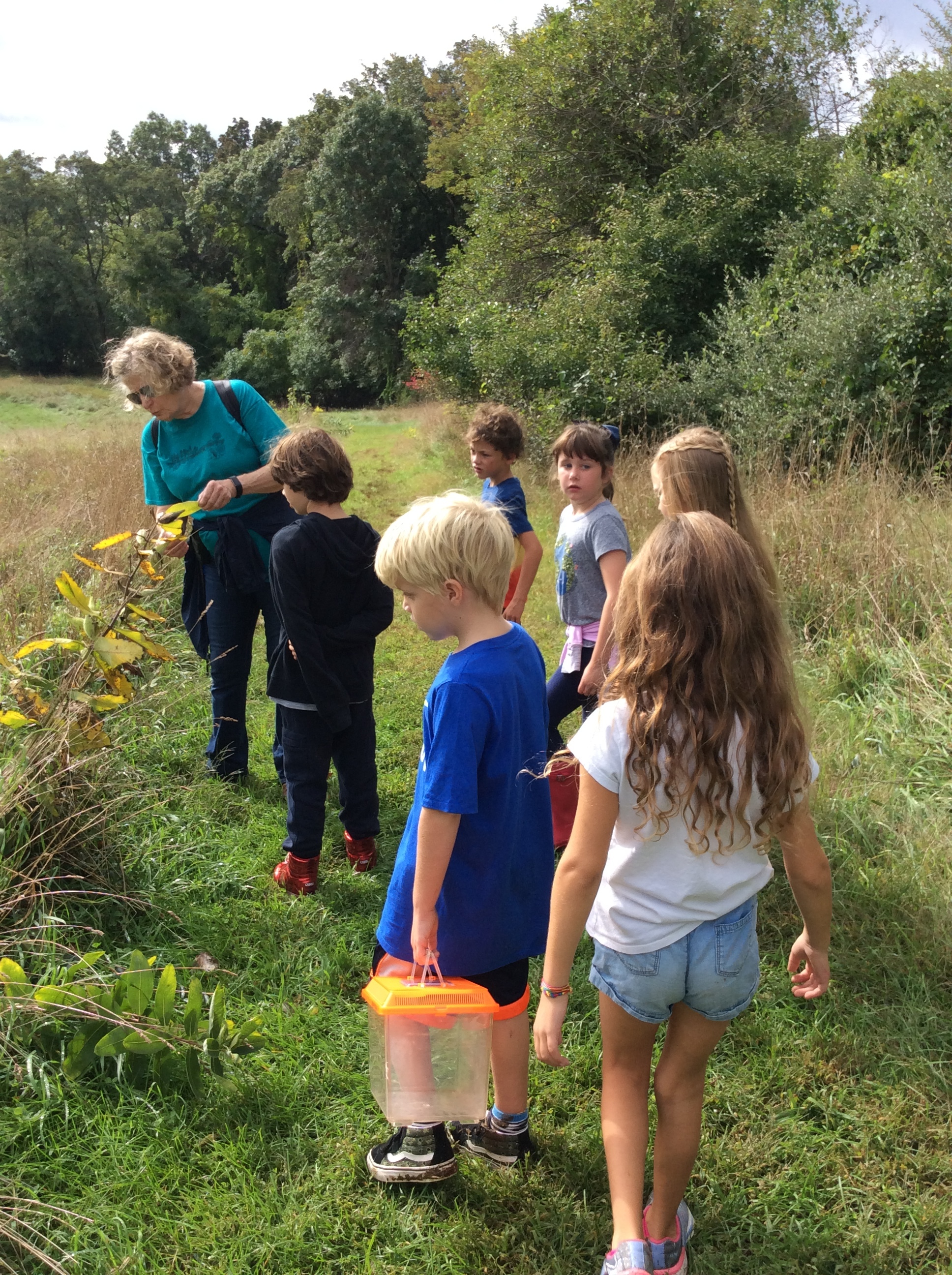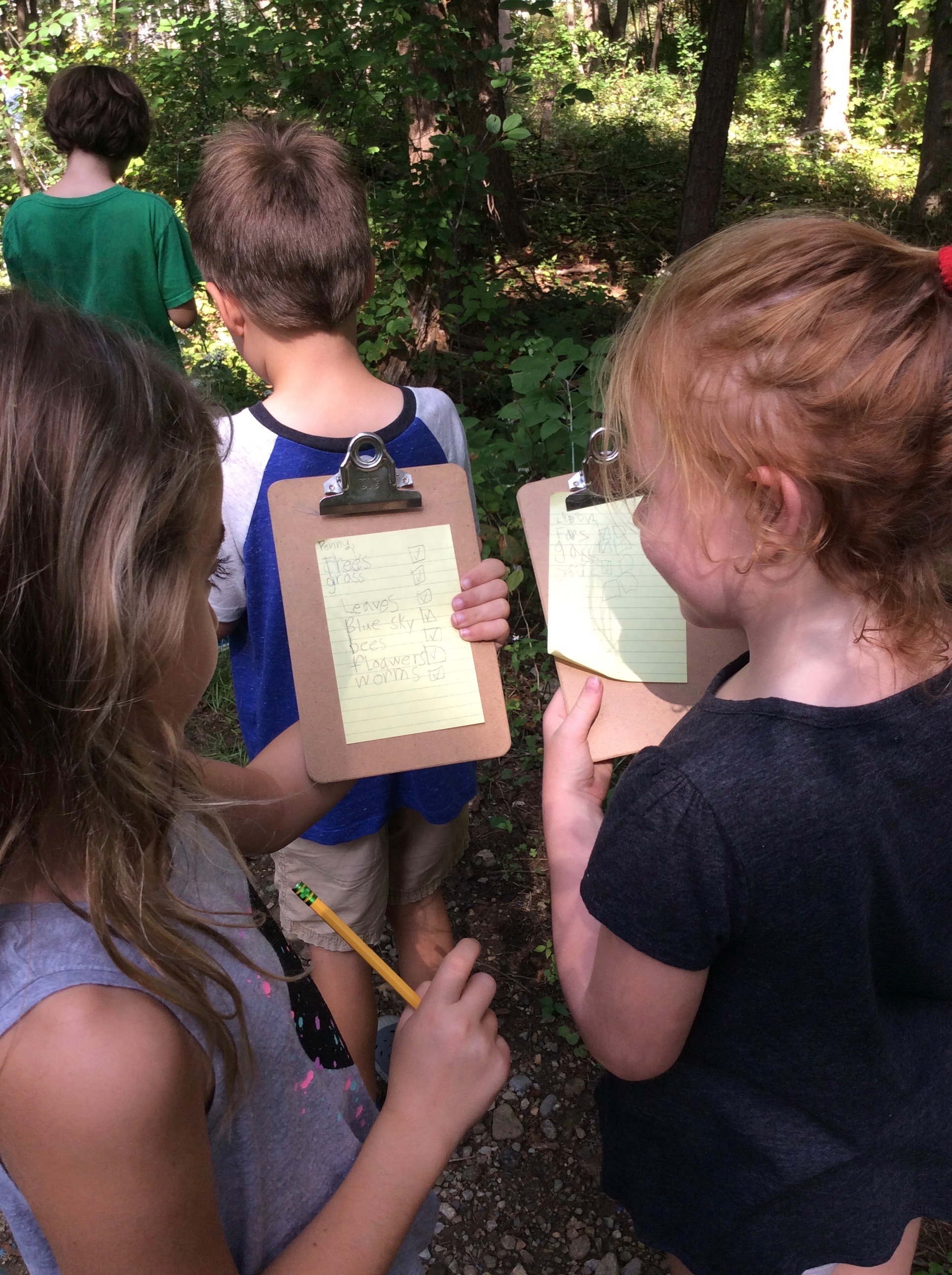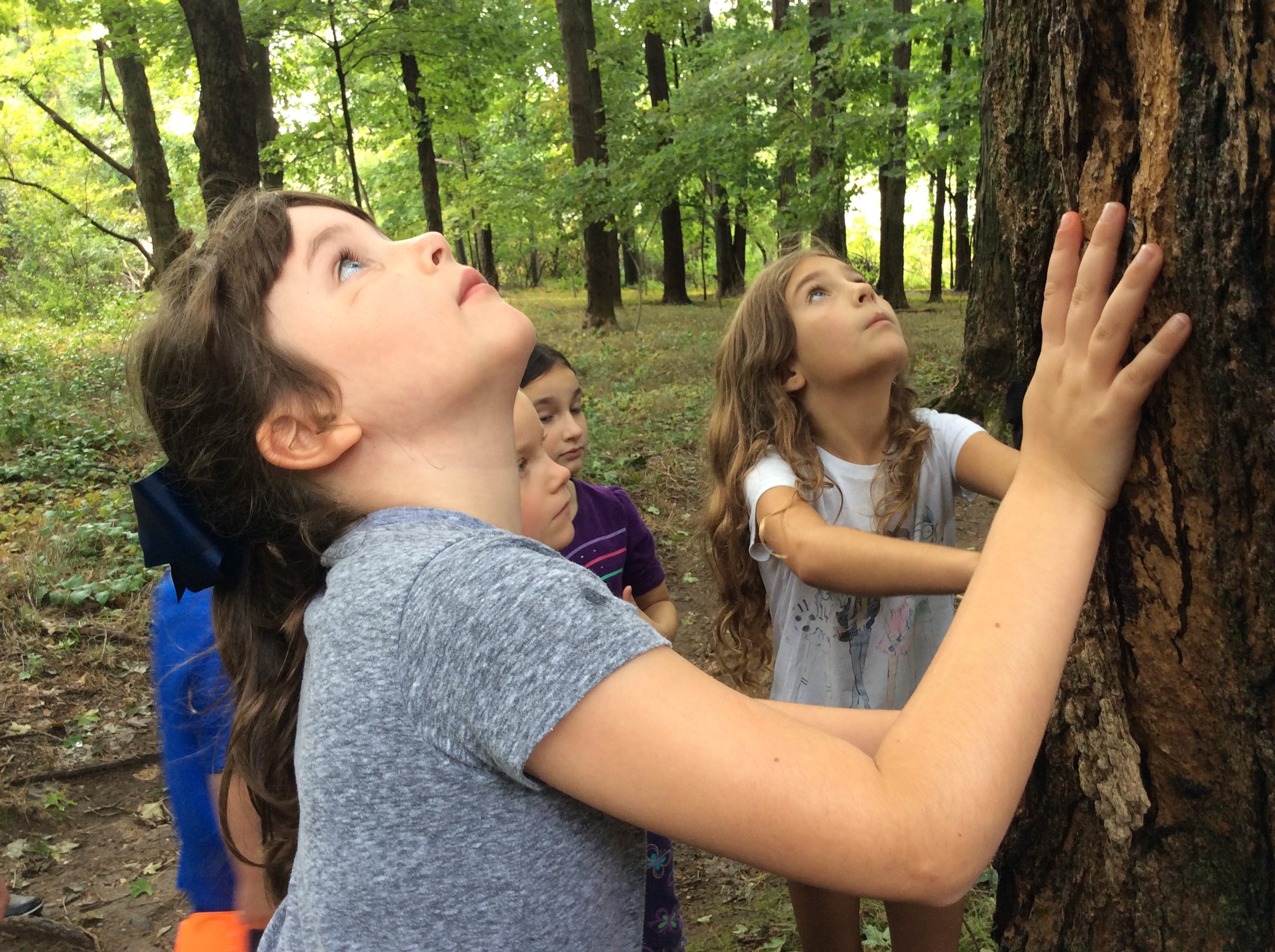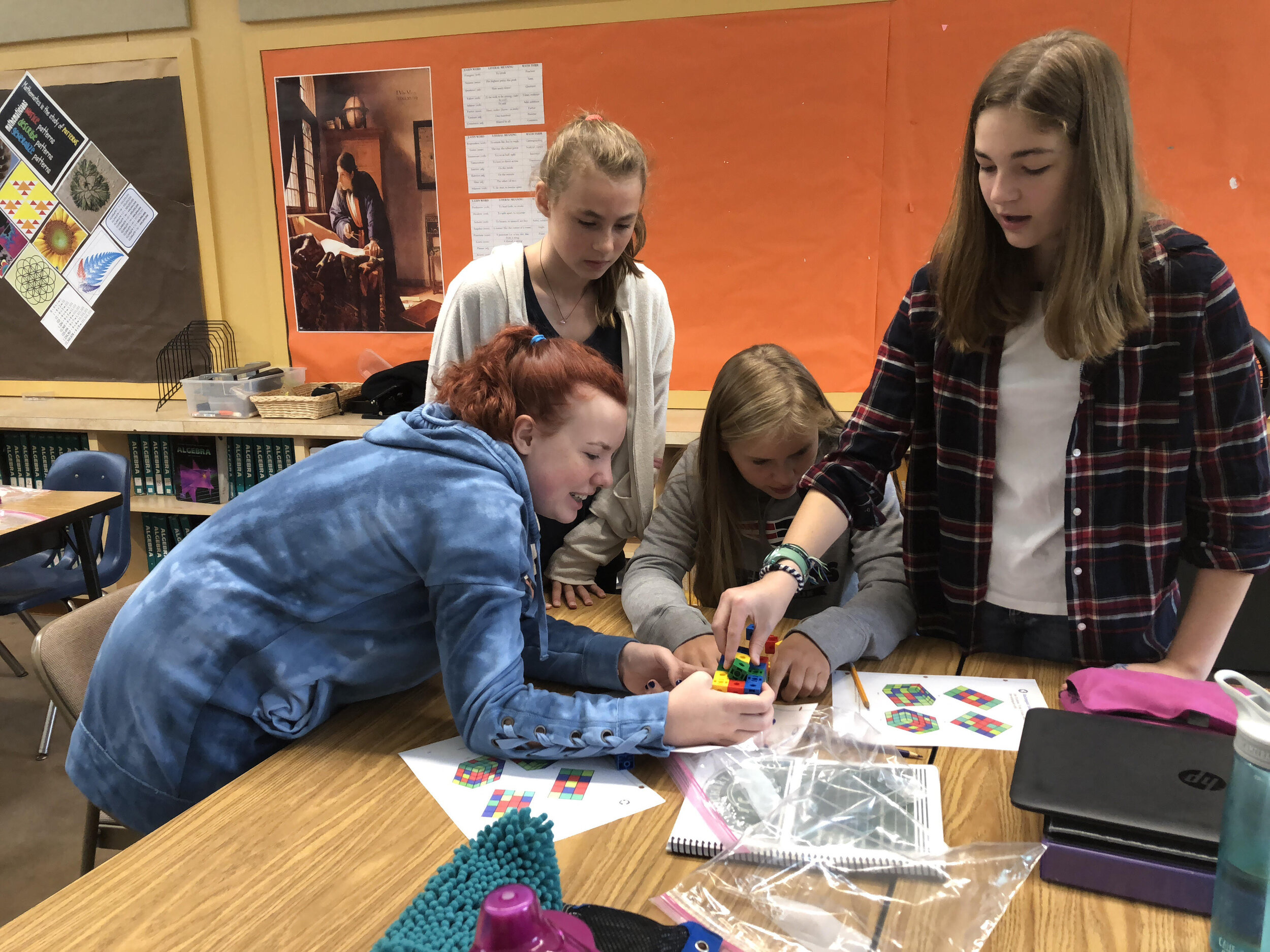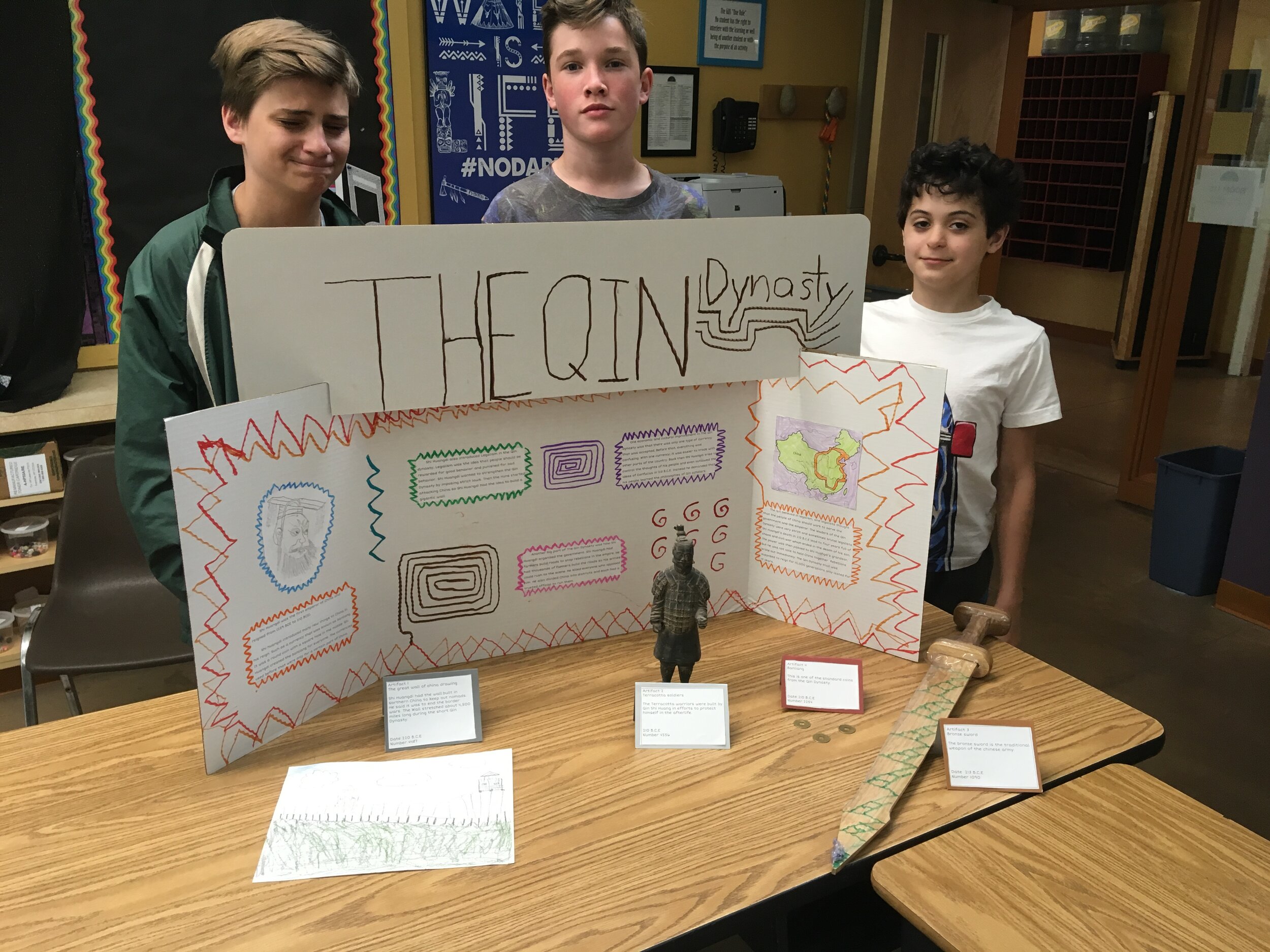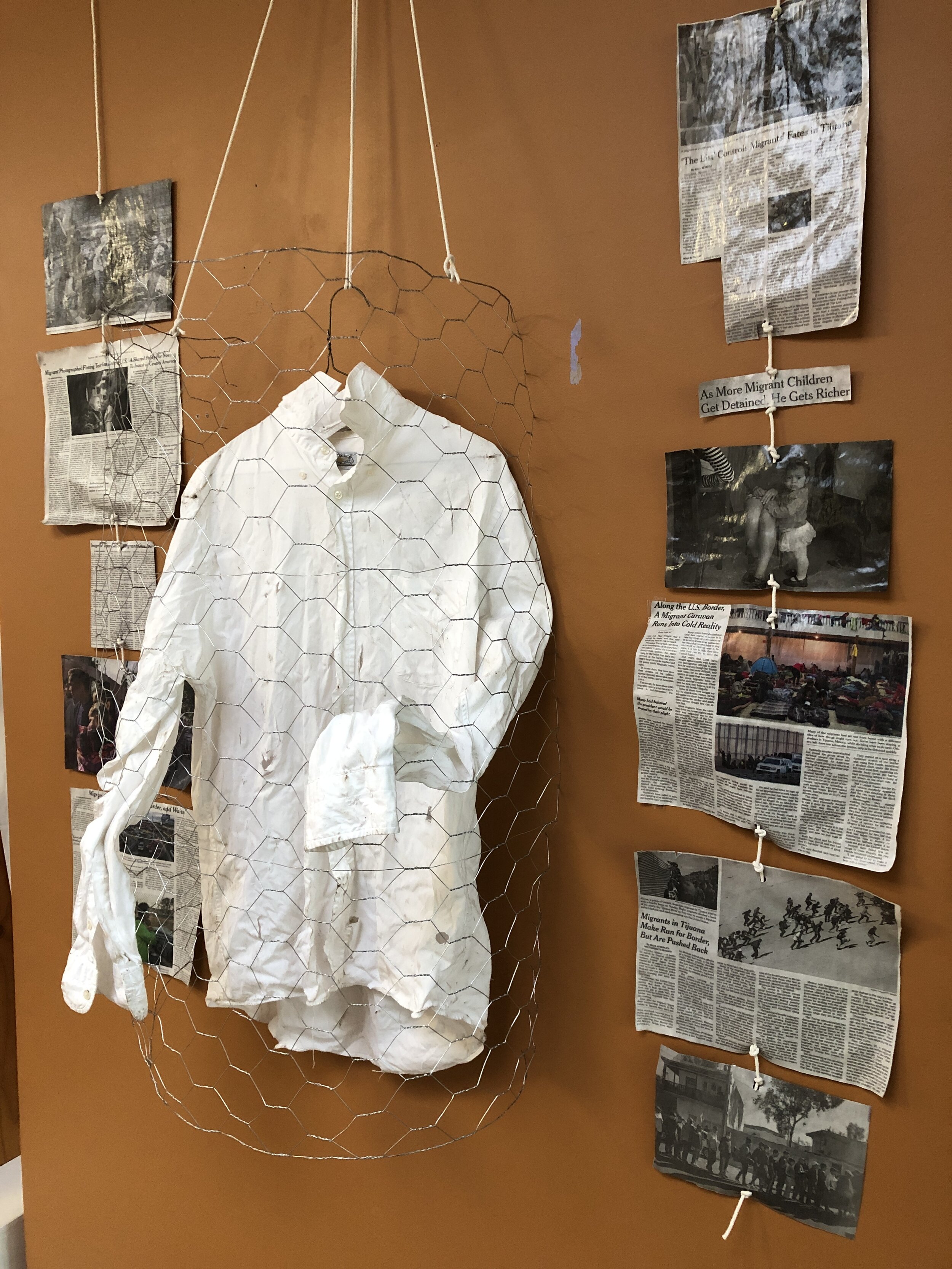Throughout the school year, our students set out within their classrooms, on our wider campus, and on trips across the North Shore (and beyond!) to discover themselves as learners.
This exploration is rooted in hands-on experiences that make learning real, tangible, and engaging. Using our thematic curriculum as a guide, experiential learning is woven across all subject areas, allowing us to provide an education that is intentionally interdisciplinary.
Experiential learning is personal, meaningful, and truly puts the student at the center of their own learning, promoting retention through application across disciplines. Students become more independent and confident, seeking out answers to their own questions.
Place-Based Learning
Whether on trips across the North Shore, or exploring our 23-acre campus, our place-based pedagogy helps students see that learning is never just confined to a classroom or a book. Our students learn that campus forests and wetlands, local beaches, skyscrapers of Boston and New York City, and mountains of New Hampshire and Maine are all research opportunities. Class trips are an intentional and integral part of our curriculum, designed to tap into the child’s natural sense of curiosity by opening their eyes to the learning opportunities that exist in the world around them. In fourth and fifth grades alone, students embark on over 30 field trips and research excursions!
At GUS, a field trip is never a “day off.” It’s an opportunity for students to engage with classroom concepts in a way that cements understanding. Through discovery and experimentation, lessons are deepened through doing.
Project-Based Learning
At GUS, we encourage independence, academic risk-taking, and self-awareness to support the personal growth of each student in a safe environment. In lower school, flexible schedules allow teachers to adapt curriculum to closely fit students' particular interests and questions. In the upper school, 75-minute classes are offered weekly in science, social studies, English and math. This flexibility allows for more discussion, collaboration, and hands-on, project-based learning experiences.
When students do a project at GUS, they are asked to think across disciplines and make personal choices regarding the topic or presentation. They can work solo or collaborate experiencing the independence, personal ownership and buy-in that comes with choice.


